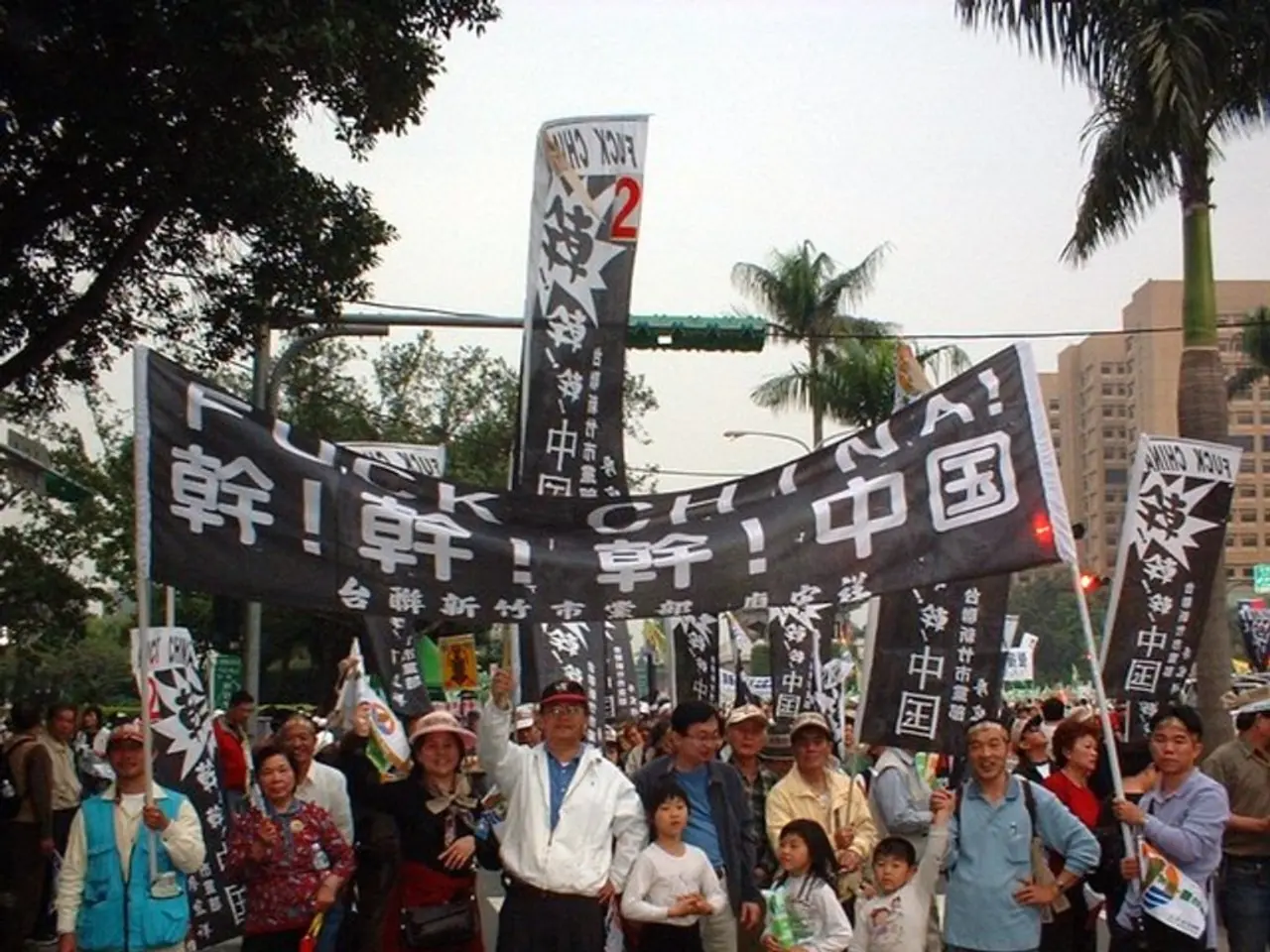Validate and Support Black Women's Leadership, Emulate Black Women's Trailblazing Paths
Black women have been making significant strides in political leadership roles that influence urban development and policy, but they remain underrepresented in technical and operational roles in urban planning and transportation work. This disparity is not due to a lack of talent or passion, but rather systemic barriers related to institutional support, gendered and racial biases, and limited access to leadership positions.
The Struggles of Black Women in Urban Planning and Transportation
Black women in these fields often face a myriad of challenges, including a lack of institutional support and mentorship, gender and racial biases, economic and social vulnerabilities, and visibility and recognition deficits. These barriers hinder their entry and advancement in technical urban sectors, and their contributions are often overlooked.
One term that encapsulates the specific hatred, dislike, distrust, and prejudice directed toward Black women is "misogynoir," coined by Moya Bailey. This term highlights the unique struggles that Black women face in predominantly white spaces.
The Importance of Black Women in Urban Planning and Transportation
If you care about transportation and combating the climate crisis, it's crucial to support Black women in their work. They are not only needed one month a year, but all year round in the fight against the climate crisis. Their understanding of intersectionality, coined by Kimberlé Crenshaw, makes them crucial in creating change and addressing urgent issues like housing affordability, economic mobility, and access to quality healthcare and education.
Black women in the transportation sector are often hired to help with diversity, equity, and inclusion efforts in addition to their regular duties. However, they are often dismissed and gaslighted when speaking about the impact of racism on their employment and experiences. The emotional and mental burden of navigating these white spaces can lead to Black women being labeled as "problems" or "bad culture fits."
Paving the Way for Black Women in Urban Planning and Transportation
Efforts to address these challenges include leadership development pipelines specifically for Black women, local commissions focusing on Black women’s needs in urban contexts, and community-engaged research to better center their voices and experiences in policy-making and urban interventions.
Tamika Butler, a leader in urban planning, emphasizes the need for Black women in creating equitable transportation. She connects with a Black woman who becomes her mentor and supports students of color in the planning, climate, and transportation fields.
Despite the challenges, Black women in the transportation sector continue to make their voices heard. At conferences, they call out the lack of diversity and the failure to address race in key discussions. A young Black woman reached out to Tamika Butler seeking advice on a career in climate change through transportation work.
In conclusion, while Black women are gaining more political power influencing urban governance, their representation in the urban planning and transportation technical workforce remains low. Targeted, intentional interventions are needed to overcome the systemic barriers of race, gender, and class that hinder their progress. By supporting Black women in these fields, we can create a more equitable and sustainable future for all.
- The lack of institutional support and mentorship for Black women in urban planning and transportation work contributes to their underrepresentation in technical roles.
- The unique struggles faced by Black women in predominantly white spaces like urban planning and transportation are encapsulated by the term "misogynoir" coined by Moya Bailey.
- Black women's understanding of intersectionality, coined by Kimberlé Crenshaw, is crucial in creating change and addressing issues like housing affordability and access to quality education and healthcare.
- Black women are often hired in the transportation sector to help with diversity, equity, and inclusion efforts but are often dismissed and gaslighted when discussing race-related employment issues.
- Leadership development pipelines specifically for Black women, local commissions focusing on Black women’s needs in urban contexts, and community-engaged research are examples of efforts to address the challenges Black women face in these fields.
- Tamika Butler, a leader in urban planning, supports students of color in the planning, climate, and transportation fields and connects with a Black woman who becomes her mentor.
- At conferences, Black women call out the failure to address race in key discussions and the lack of diversity in these fields.
- A career in climate change through transportation work was sought by a young Black woman who reached out to Tamika Butler for advice.
- The emotional and mental burden of navigating these predominantly white spaces can lead to Black women being labeled as "problems" or "bad culture fits."
- Targeted, intentional interventions are needed to overcome the systemic barriers of race, gender, and class that hinder progress for Black women in the urban planning and transportation industries, ensuring a more equitable and sustainable future for all.




